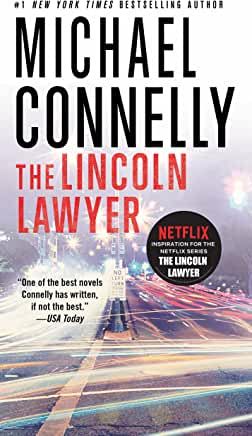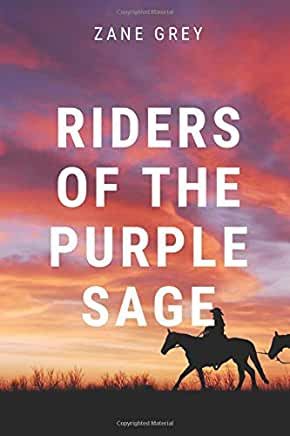What are you reading now?
-
Currently nerding out over this: a collection of O.G. Robin Hood stories. (It's in Middle English, which eres moste harkyn too, but it's a hell of a lot easier than Old English.)
What's interesting is that it's really hard to say who can truly own Robin Hood stories: the gentry, or the peasants? We all think of Robin today as a peasant champion. But the earliest recorded stories, by virtue of them being recorded, came from the educated population. And to them, Robin was a kind of aristo Keyser Söze—be too greedy or too harsh on the great unwashed, and Robin Hood's gonna come and murder you, then abscond to the forest and no one's gonna know what happened.
I agree with this guy's assessment that Robin's an anti-King Arthur. That's true in basically every respect. Even in what's recorded. Arthur gets books and official canon, Robin gets an assemblage of ballads, May Day plays and mummery.
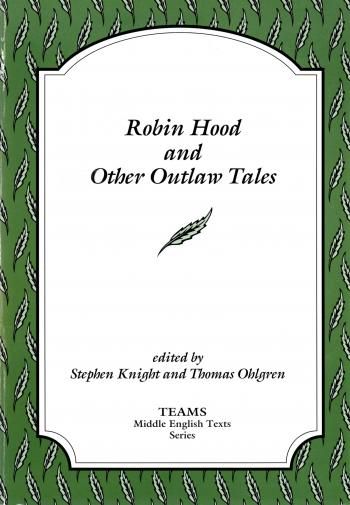
@Aqua-Letifer said in What are you reading now?:
Currently nerding out over this: a collection of O.G. Robin Hood stories. (It's in Middle English, which eres moste harkyn too, but it's a hell of a lot easier than Old English.)
I'm actually having a go at translating the first one into modern english. Because why the fuck not.
The form's easy to work with, and I'm taking massive liberties with lines and stanzas, but no details are being removed or altered. I'm also finding it challenging to keep the original voice of the ballad without either failing, or sounding old-timey. (For example, Robin talks to Little John about returning to mass on Whitson, which, no one would know what that means. But the time of year speaks directly to the sense of place in ways we no longer appreciate. It'd be a sin to ignore the reference. So I went with White Sunday.)
-
@Aqua-Letifer said in What are you reading now?:
Many great novels of the 19th and 20th centuries were serialized. That's how most of our classics were originally read.
Isn't that how Dickens made a living - pay per word?
@George-K said in What are you reading now?:
@Aqua-Letifer said in What are you reading now?:
Many great novels of the 19th and 20th centuries were serialized. That's how most of our classics were originally read.
Isn't that how Dickens made a living - pay per word?

-
About ⅔ of the way through this. Good story, and the storytelling is "tighter" than it's been in a while.
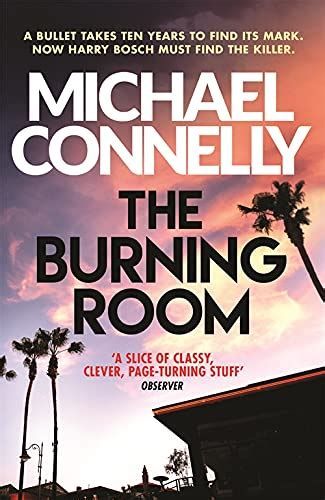
@George-K said in What are you reading now?:
About ⅔ of the way through this. Good story, and the storytelling is "tighter" than it's been in a while.

I am actually reading the very first one (The Black Echo) based on your suggestion. So far, so good.
-
@George-K said in What are you reading now?:
About ⅔ of the way through this. Good story, and the storytelling is "tighter" than it's been in a while.

I am actually reading the very first one (The Black Echo) based on your suggestion. So far, so good.
@taiwan_girl said in What are you reading now?:
I am actually reading the very first one (The Black Echo) based on your suggestion. So far, so good.
The thing about the Bosch books is that, although they're "sequels" in the sense that each occurs later in the timeline, only two really depend on knowing what happened in the preceding book.
You can start with book #15 and you won't feel lost. There are allusions to characters and stories told in earlier books, but the plot doesn't depend on your knowledge of these.
They're also a quick, easy, read. I hope to finish this tomorrow.
-
Why not?
Finished this this evening....
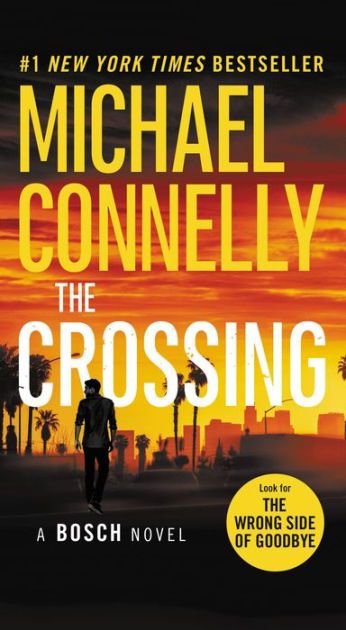
Really a fun read, and just different enough from the preceding books.
- Bosch is no longer with LAPD
- Mickey Haller - "The Lincoln Lawyer" is a major player in the story. And he's Bosch's half-brother
- Bosch works to exonerate someone accused of murder
-
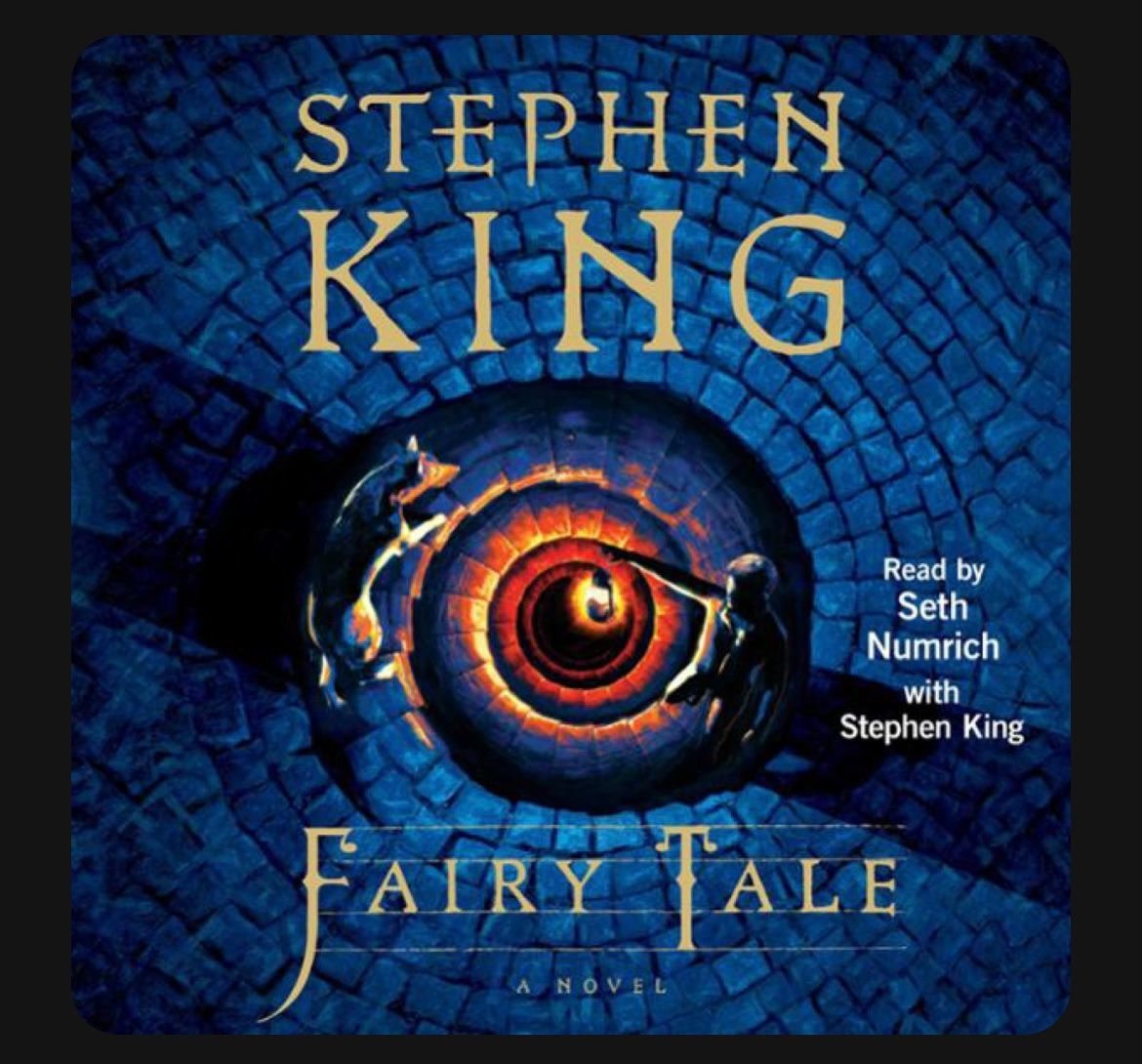
Fun. Kind of a "Stephen King does Grimm's Fairy Tales."
-
You know how you fall into a YouTube rabbit hole?
Well, that's happened with the Bosch Universe>
Finished "The Lincoln Lawyer" this AM, and started the next in the series.
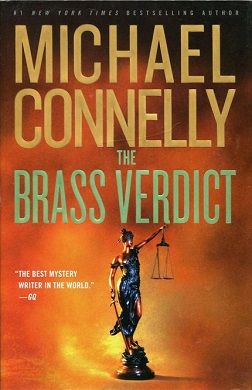
This is the book upon which the Amazon (?) series is grounded. It starts with the 2nd book of the Mickey Haller series (the first book, "The Lincoln Lawyer," having been done as a movie. About ¼ of the way thru.
Fun...
-
@Catseye3 said in What are you reading now?:
@taiwan_girl said in What are you reading now?:
(PS, I think people on this forum page read more than the general public, so maybe this is not applicable.)
Anyway, the "premise" is that you chose a classic book, and the app sends you a 20 minute portion to read each day.Yeah, I can't get too excited about such a thing. If reading is such a challenge that you have to be spoon fed segments according to the wisdom of some app, then maybe you should take up a hobby or something.
Many great novels of the 19th and 20th centuries were serialized. That's how most of our classics were originally read.
@Aqua-Letifer said in What are you reading now?:
@Catseye3 said in What are you reading now?:
@taiwan_girl said in What are you reading now?:
(PS, I think people on this forum page read more than the general public, so maybe this is not applicable.)
Anyway, the "premise" is that you chose a classic book, and the app sends you a 20 minute portion to read each day.Yeah, I can't get too excited about such a thing. If reading is such a challenge that you have to be spoon fed segments according to the wisdom of some app, then maybe you should take up a hobby or something.
Many great novels of the 19th and 20th centuries were serialized. That's how most of our classics were originally read.
Didn't know you were a Zane Grey fan.

-
Finally finishing Ian Toll’s trilogy about the war in the Pacific 1941 - 1945. Well researched and written narrative. Worth reading.
@Renauda said in What are you reading now?:
Finally finishing Ian Toll’s trilogy about the war in the Pacific 1941 - 1945. Well researched and written narrative. Worth reading.
Been awhile since I've read that. Now that you've reminded me, I'll have to do it again.
-
@Aqua-Letifer said in What are you reading now?:
@Catseye3 said in What are you reading now?:
@taiwan_girl said in What are you reading now?:
(PS, I think people on this forum page read more than the general public, so maybe this is not applicable.)
Anyway, the "premise" is that you chose a classic book, and the app sends you a 20 minute portion to read each day.Yeah, I can't get too excited about such a thing. If reading is such a challenge that you have to be spoon fed segments according to the wisdom of some app, then maybe you should take up a hobby or something.
Many great novels of the 19th and 20th centuries were serialized. That's how most of our classics were originally read.
Didn't know you were a Zane Grey fan.

@Jolly said in What are you reading now?:
@Aqua-Letifer said in What are you reading now?:
@Catseye3 said in What are you reading now?:
@taiwan_girl said in What are you reading now?:
(PS, I think people on this forum page read more than the general public, so maybe this is not applicable.)
Anyway, the "premise" is that you chose a classic book, and the app sends you a 20 minute portion to read each day.Yeah, I can't get too excited about such a thing. If reading is such a challenge that you have to be spoon fed segments according to the wisdom of some app, then maybe you should take up a hobby or something.
Many great novels of the 19th and 20th centuries were serialized. That's how most of our classics were originally read.
Didn't know you were a Zane Grey fan.

Zane Grey's badass. Not my thing, but great nonetheless.
-
@George-K said in What are you reading now?:
Where to begin?
George, look here: https://www.zgws.org/zgwsstrt.php
-
@George-K said in What are you reading now?:
OK - I'll admit it. Never read any Zane Grey.
Where to begin?
I only read the classic, Riders of the Purple Sage, but it was awesome.
-
Finished this today. Nice, involved, mystery with a good twist at the end. The book introduces Jack McEvoy, a reporter who appears in a few Bosch books.
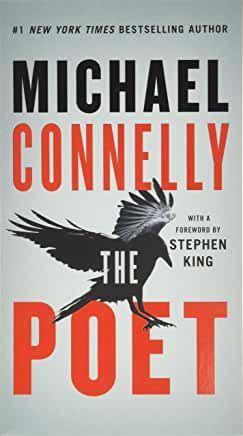
Gonna pick this up tomorrow. I enjoyed the series, so it'll be interesting. I read one of Steinhauer's other books ("The Bridge of Sighs") and it was...okay. Hope this doesn't disappoint.
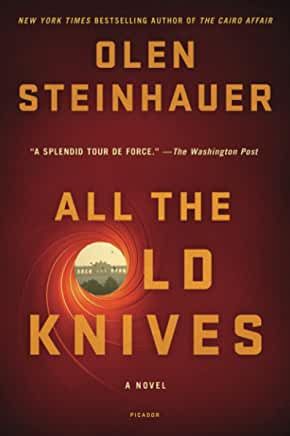
-
@George-K said in What are you reading now?:
Where to begin?
George, look here: https://www.zgws.org/zgwsstrt.php
-
"All The Old Knives?" Meh. The movie was actually better.
"Riders of the Purple Sage?" Wonderful prose and fabulous descriptions. There was a TNT movie made based on the book (one of several) starring Ed Harris that I'm told was faithful to the book. I'll try to seek it out. Grey left the ending kind of ambiguous as to what happens to the protagonist. Supposedly that's explained in "The Rainbow Trail." I might pick that up soon.
But in the meantime, this is next:
I loved neurology when I was a student, so this might be fun.
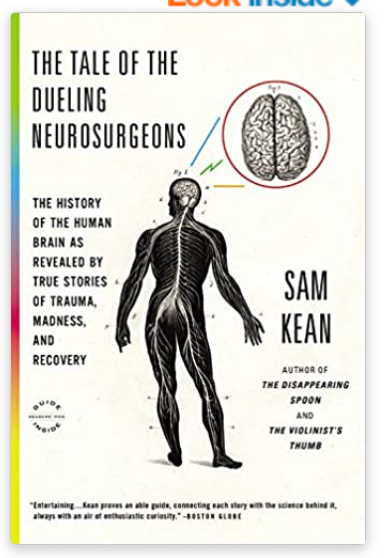
Early studies of the human brain used a simple method: wait for misfortune to strike -- strokes, seizures, infectious diseases, horrendous accidents -- and see how victims coped. In many cases their survival was miraculous, if puzzling. Observers were amazed by the transformations that took place when different parts of the brain were destroyed, altering victims' personalities. Parents suddenly couldn't recognize their own children. Pillars of the community became pathological liars. Some people couldn't speak but could still sing.
In The Tale of the Dueling Neurosurgeons, Sam Kean travels through time with stories of neurological curiosities: phantom limbs, Siamese twin brains, viruses that eat patients' memories, blind people who see through their tongues. He weaves these narratives together with prose that makes the pages fly by, to create a story of discovery that reaches back to the 1500s and the high-profile jousting accident that inspired this book's title.
With the lucid, masterful explanations and razor-sharp wit his fans have come to expect, Kean explores the brain's secret passageways and recounts the forgotten tales of the ordinary people whose struggles, resilience, and deep humanity made neuroscience possible.
I enjoyed Oliver Sacks' books - so this might an interesting companion.
